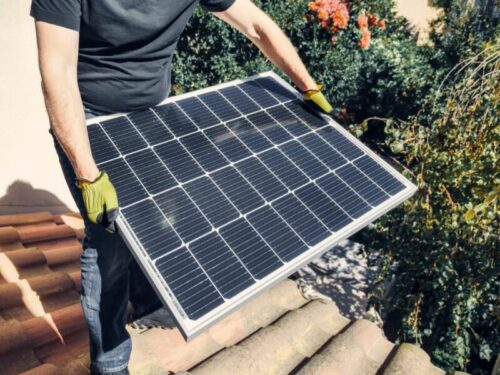
Three Grand Challenge teams received a cumulative $204,000 in funding from the Division of Research and Economic Development to to further research initiatives in resilience and sustainability. The projects will directly impact members of the Shoshone-Bannock Tribes, Treasure Valley refugees and rangelands in Idaho.
These teams are members of the Resource Nexus for Sustainability Grand Challenge, an interdisciplinary initiative that elevates societally relevant questions around finite and critical resources, sustainability and community needs. The goal of the Grand Challenge initiatives is to answer these questions through interdisciplinary research, strategic partnerships, and community collaborations with regional and national institutions.
“The breadth of sustainability research being conducted under this Grand Challenge is inspiring,” said Nancy Glenn, vice president for the Division of Research and Economic Development. “More than 30 research teams submitted proposals, and each team’s dedication and contributions were invaluable in shaping the vision of this endeavor and demonstrate Boise State’s interdisciplinary partnerships and sustainability research.”
Shoshone-Bannock tribal energy solutions
“What is most interesting about the project for me is the deep involvement of our community partners in both the design and implementation of the research, as well as the ability to build interdisciplinary capacity and a community network to advance energy and water resource sustainability in the remote and rural regions of Idaho,” Stephanie Lenhart said, a School of Public Service associate research professor.
Lenhart’s team received $72,000 to examine how innovative residential and community solar projects and other distributed energy resources could be deployed at scale and in ownership arrangements that respect and enhance the priorities of the Shoshone-Bannock tribes and provide direct benefits to the tribal members. The interdisciplinary research team includes Todd Otanicar from mechanical and biomedical engineering, Kendra Kaiser from geoscience, and Sammy Matsaw from the Fort Hall Business Council.
“While considerable attention has focused on large-scale dam removal to improve the sustainability of fisheries, this project proposes research through a different approach. It focuses on understanding the natural, social, physical and financial resource configurations that empower community decisions about energy resources and the potential use of distributed small-scale energy resources and infrastructure,” Lenhart said.